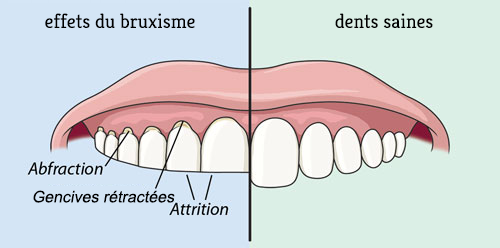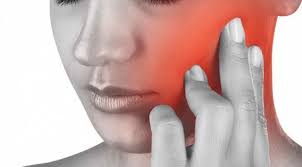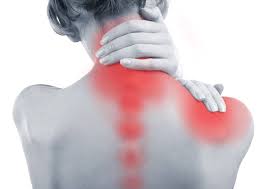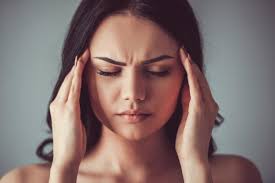Occlusodontics
Occlusodontics is the field of dentistry that deals with the relationship between the teeth, the relationship between the jaws, and the muscular and articular tensions that a bad relationship can cause.
First occlusodontic consultation:
The occlusodontist is a dental surgeon who diagnoses and treats the relationships and interlocking of teeth that affect the musculature and position of the jaws and the jaw joint, called the temporomandibular joint (TMJ).
During an initial occlusodontic consultation, the dentist will perform a clinical and radiographic examination of the teeth, jaws, muscles related to the jaws and temporomandibular joints. A medical questionnaire completes the examination in order to know the symptoms, muscular and articular, felt by the patient, and to diagnose the cause of these symptoms.
At the end of this first consultation, the patient must understand the cause of his pain and symptoms. The dentist will present a treatment plan to rebalance the occlusion of the teeth, and the function and position of the jaws, to act effectively and quickly on the pain.

- The cause of joint and muscle pain:
A bad engagement of the teeth, called dental malocclusion, and/or a clenching or grinding of the teeth, called bruxism, will have as an impact a muscular imbalance during mastication and the resting position of the jaws.
Dental malocclusion can be due to: an orthodontic problem with the position of the teeth or jaws, a dental restoration (composite, amalgam, dental crown) that is too high in relation to the other teeth.
Bruxism can be static (clenching) or dynamic (teeth grinding). It can be present during the day, during certain activities, and/or at night while sleeping.
According to several scientific studies, nocturnal bruxism is linked to a decrease in the quality of sleep. The contraction of the jaw muscles during sleep will induce more unconscious micro-awakenings and will decrease the total time spent in a deep sleep phase. Sleep is then less recuperative, and upon awakening, muscular tensions are often felt in the muscles of the jaws and the neck.
Bruxism is very often linked to a somatization of the stress of daily life which will be expressed by a contraction of the muscles of the jaws. It can also have a cause purely related to the position of the teeth, and not to stress.
Bruxism will also have visible signs of wear on the teeth, especially the front teeth, which wear on their upper part due to excessive forces and repetitive movements.



The resulting muscle imbalance will cause muscle pain, such as muscle cramps, which will affect the muscles of mastication but also all the muscles connected to the jaws. The body functions through a chain of muscles and joints that communicate with each other. If one part of the chain fails, the rest of the chain will also be affected.
The cartilage of the temporomandibular joint will also be excessively and asymmetrically compressed, which can deform it and cause joint disorders, such as clicking or cracking in the jaw joint during opening and closing movements. The jaws can also remain temporarily blocked in an open position from time to time because of the deformation of the cartilage; this is called dislocation of the jaw joint.
This type of pathology of the jaw muscles and joints is called SADAM (Syndrome Algo Dysfonctionnel de l’Appareil Manducateur).
Muscle pain related to the teeth and jaws frequently encountered are located :
- In the muscles of mastication (the main muscle being the Masseter muscle, located in the lower part of the cheeks)
- In the neck muscles (cervical muscles)
- In the shoulders
- In the back
- In the temples (temporal muscles)
Other common symptoms of SADAM are:
- Limitation of mouth opening (which can sometimes be important)
- Jaw remaining blocked in open position (joint dislocation)
- Headaches, Migraines, Dizziness
- Tinnitus
- Periarthritis of the shoulder
- Cervicalgia, Dorsalgia, Lumbago
- Sleep disorders, Non-recovering sleep

